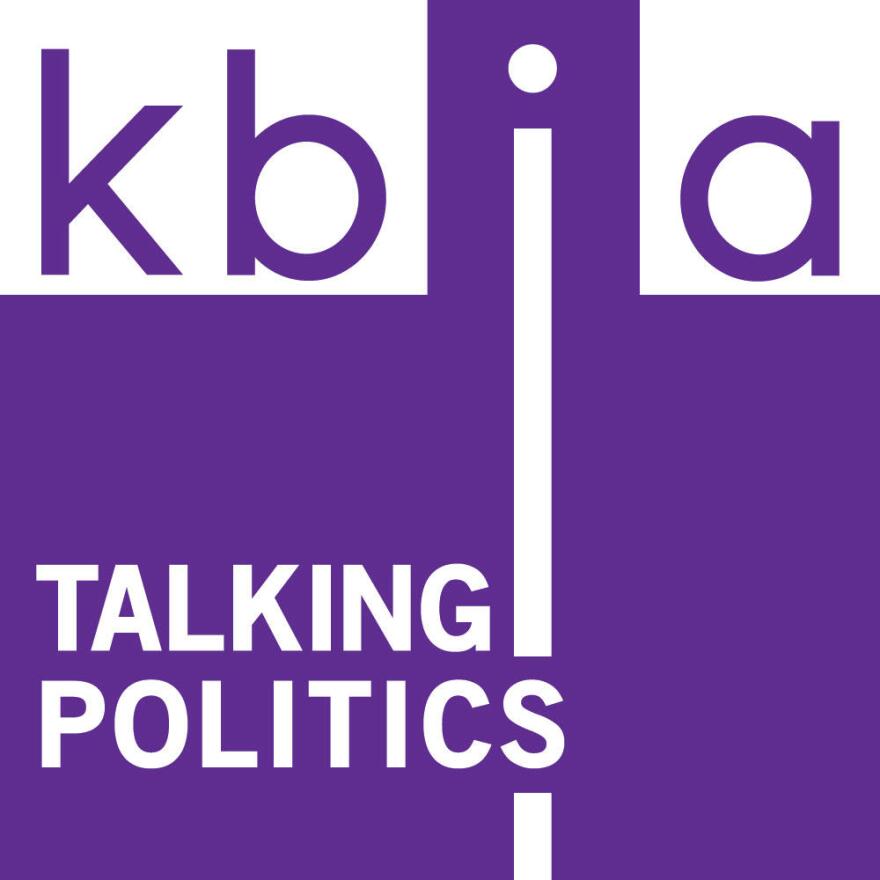More than 100 years ago, President William McKinley’s chief advisor Mark Hanna was asked what the two most important things in politics are. He replied: “The first thing is money and I can’t remember what the other thing is.” Some truisms actually do stand the test of time.
In 2020 more than $14 billion were raised and spent on just federal office campaigns – president, House and Senate. Many billions more were spent on state and local races. In 2016 our local state senate race cost $3.5 million – a state senate race.
And these sums do not include all the free advertising President Trump got simply by making himself the lead story on every evening newscast. Some estimate his so-called “earned media” was worth $1.5 billion – money he did not have to raise and figure out how to spend.
The 2020 amount raised was double 2016. The 2024 haul will be much larger still. Prodigious fund-raising for 2022 and 2024 is going on as you listen. It’s a financial arms race – no party or candidate is going to limit fund-raising on principle.
There have been noble attempts to rein it in, but they were declared unconstitutional by the Supreme Court – first, limits on spending, and more recently limits on giving, with the Citizens United case in 2010 really opening the floodgates.
The issue hinges on the First Amendment right to freedom of speech. The Court has said political speech – giving money to and spending money on campaigns – is protected just like any non-financial political pronouncement you or I might make. I can say: “Vote for Jane Brown.” Rex Sinquefield can give a million dollars to an independent group supporting Jane Brown. The Court says it’s the same thing – free speech.
Two recent news reports put politicians’ addiction to money, as well as some world-class hypocrisy, on fulsome display. Right after the January 6 insurrection a number of big businesses said they were suspending campaign contributions to members of Congress who voted not to certify the Electoral College vote. At the time in one of these commentaries I predicted that the principled behavior of these companies would be, uh, temporary. I’m sorry to report that my prediction came true, pretty quickly actually. These companies and interest groups have given, to date, $10 million to these lawmakers.
Communication specialist Gene Grabowski said: “Consumers have short memories, but lawmakers have long memories. Doing business with the ‘Sedition Caucus,’ as distasteful as it might be, is a political reality for many companies.”
The other notable item is the rapid growth of so-called “Dark Money,” funds spent on campaigns by non-profit organizations that are not required to disclose donors. Any 501c organization engaged in “social welfare,” advocacy, or business, as long as partisan politics is not its “primary purpose,” can give basically unlimited amounts to campaigns and not have to say who their member-donors are.
Many who follow politics closely would confidently assume that Republicans would be way ahead in this arms race. They would be wrong. Democrats get more Dark Money than Republicans by a ratio of three to two. And Democrats have no illusions -- they’ll need every penny, plus some good old-fashioned luck, in 2022 and 2024.
Dr. Terry Smith is a Political Science Professor at Columbia College and a regular commentator on KBIA's Talking Politics.

